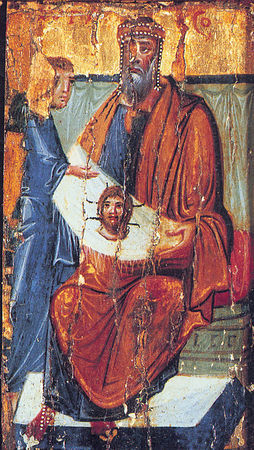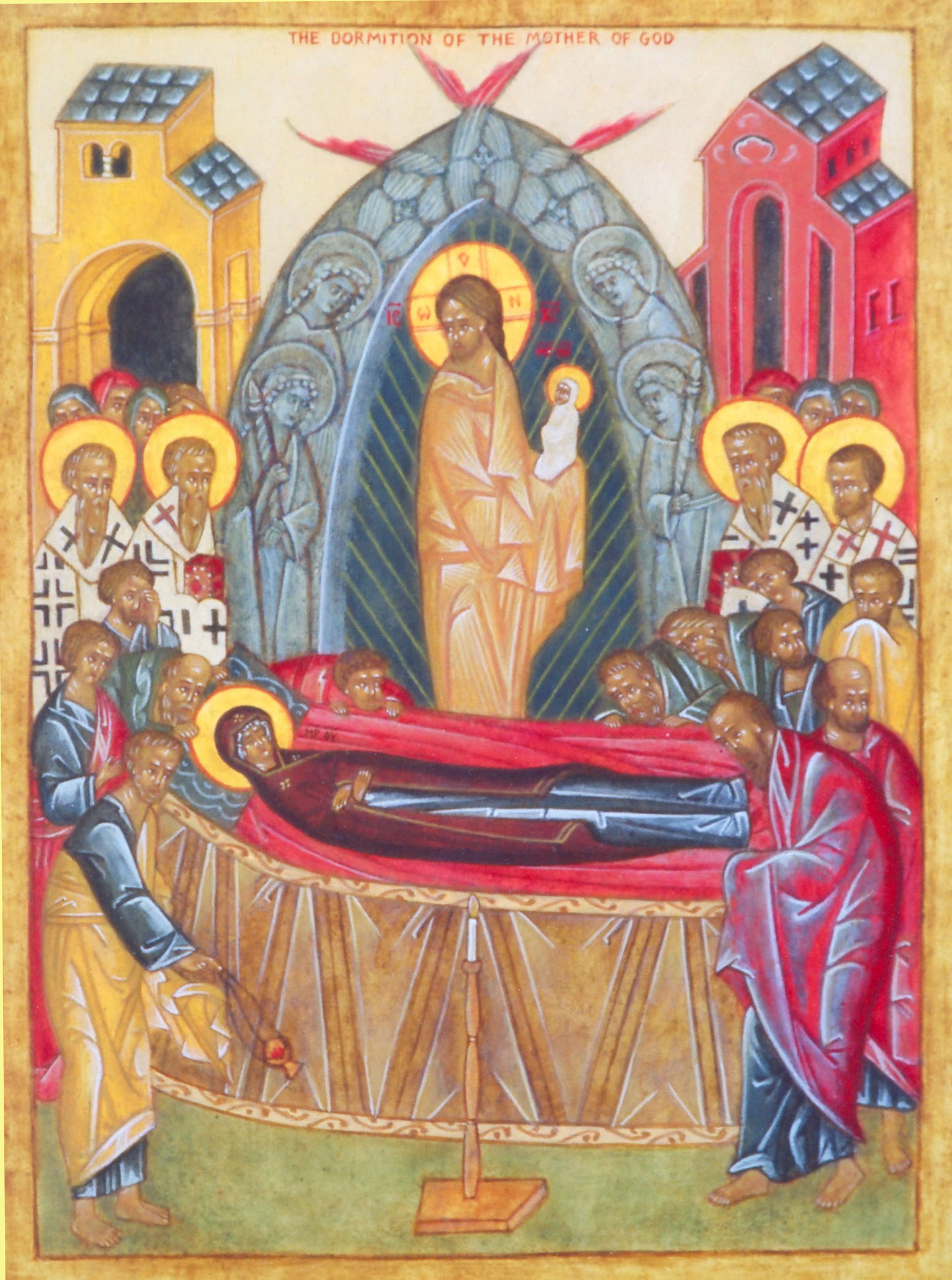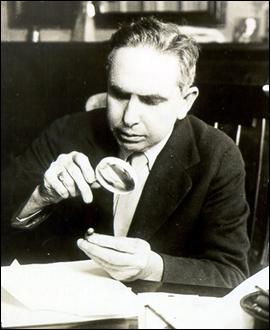
Marina Tsvetaeva was born on 1892 in Moscow, Russia. She was a well-known poet in Russian, considered as one of the greatest and most original Silver Age poets of the 20th Century, even though her work did not gain international visibility.
 Tsvetaeva spent her childhood and early youth in Moscow where her mother discouraged her early efforts in poetry and wanted Tsvetaeva to become a pianist instead. After her mother's death, at the age of 16, she went to Paris to study literary history at the Sorbonne. Her first poetry book, Evening Album, came out in 1910 and attracted the attention of Maximilian Voloshin, a Russian critic and poet that later became her mentor and friend. It was in Voloshin's home, in the Black Sea, that she met her future husband Sergei Yakovlevich Efron, at the age of 19. They married in 1912 and from then on Tsvetaeva is known to have had plenty of affairs including fellow poets Osip Mandelstam and Sofia Parnok, affairs that inspired her writings as in the collection Milepost (in relation to Osip) and a cycle of poems entitled initially The Girlfriend and laterThe Mistake (in relation to Sofia).
Tsvetaeva spent her childhood and early youth in Moscow where her mother discouraged her early efforts in poetry and wanted Tsvetaeva to become a pianist instead. After her mother's death, at the age of 16, she went to Paris to study literary history at the Sorbonne. Her first poetry book, Evening Album, came out in 1910 and attracted the attention of Maximilian Voloshin, a Russian critic and poet that later became her mentor and friend. It was in Voloshin's home, in the Black Sea, that she met her future husband Sergei Yakovlevich Efron, at the age of 19. They married in 1912 and from then on Tsvetaeva is known to have had plenty of affairs including fellow poets Osip Mandelstam and Sofia Parnok, affairs that inspired her writings as in the collection Milepost (in relation to Osip) and a cycle of poems entitled initially The Girlfriend and laterThe Mistake (in relation to Sofia).



